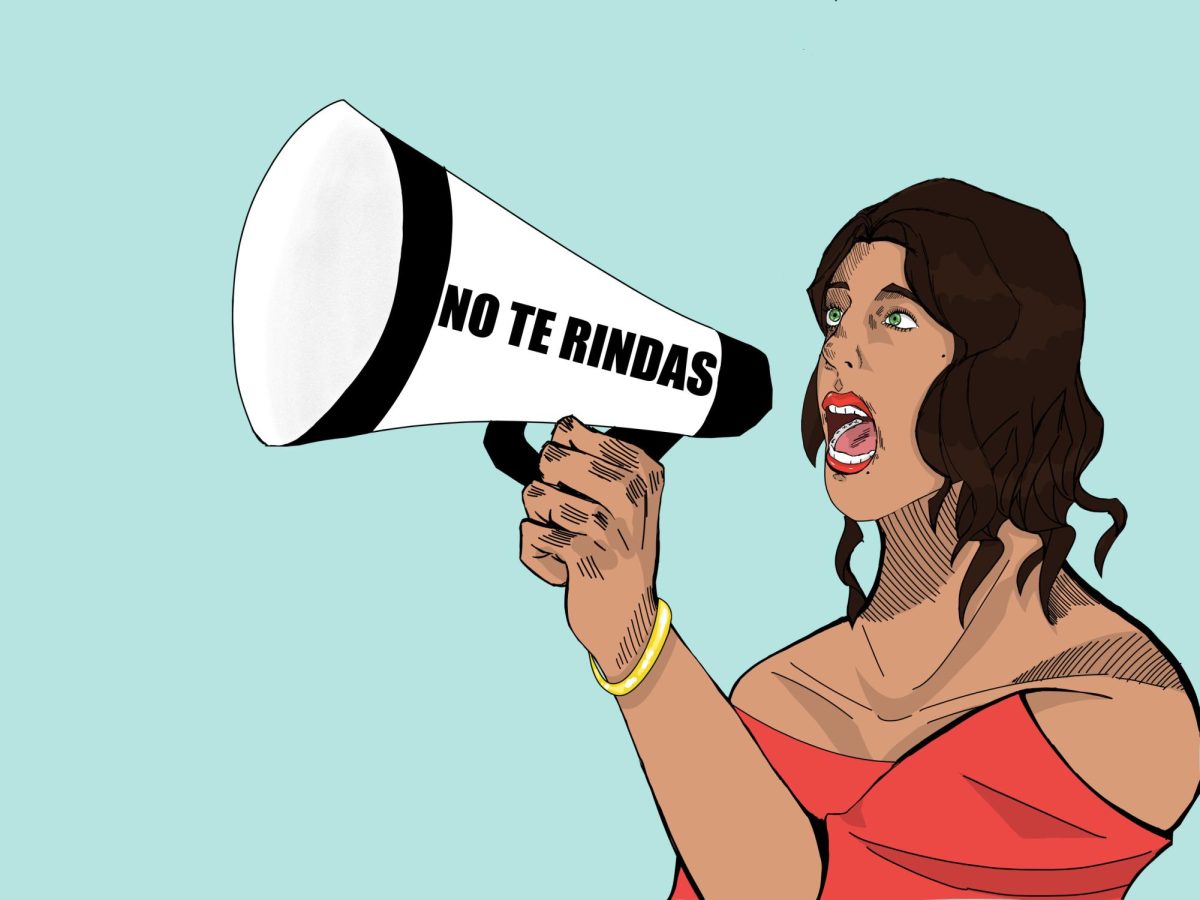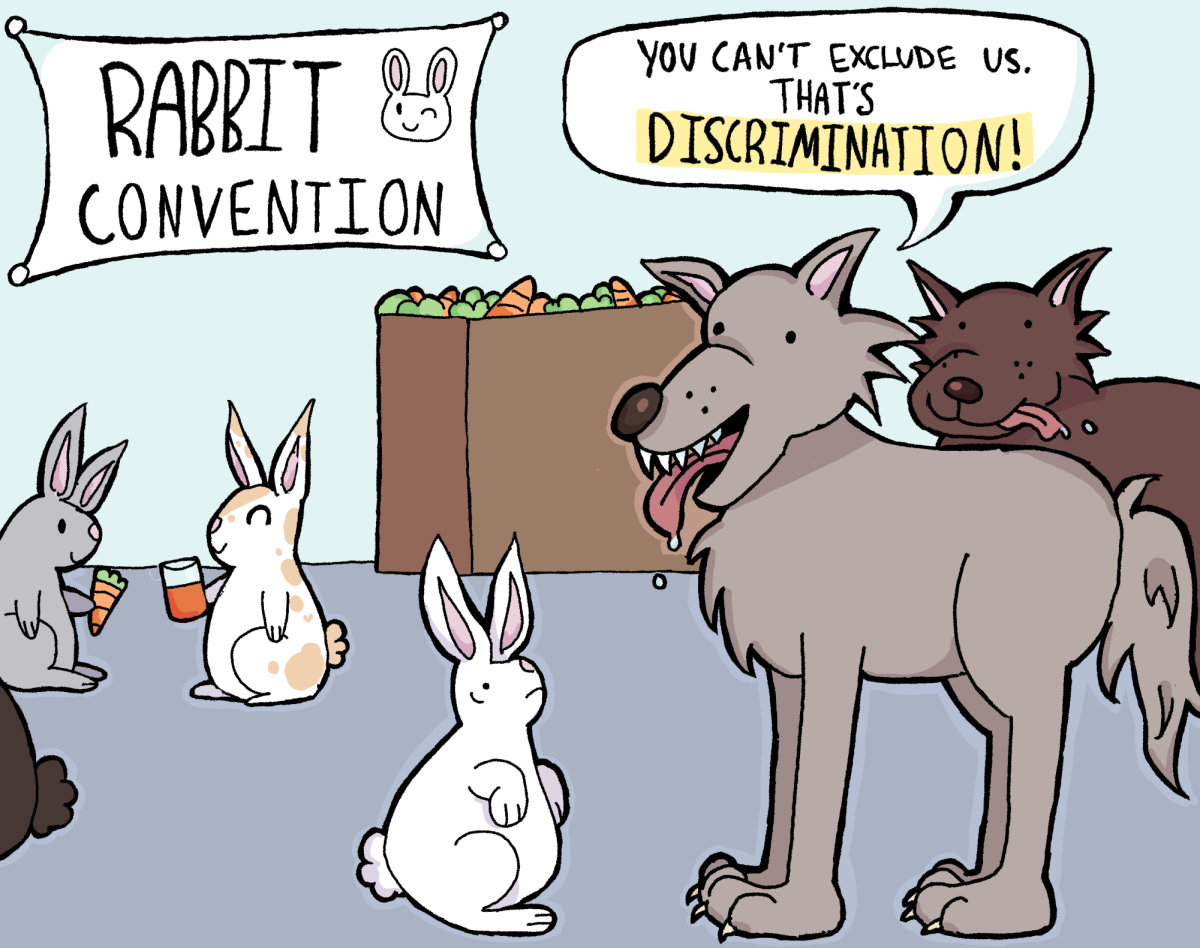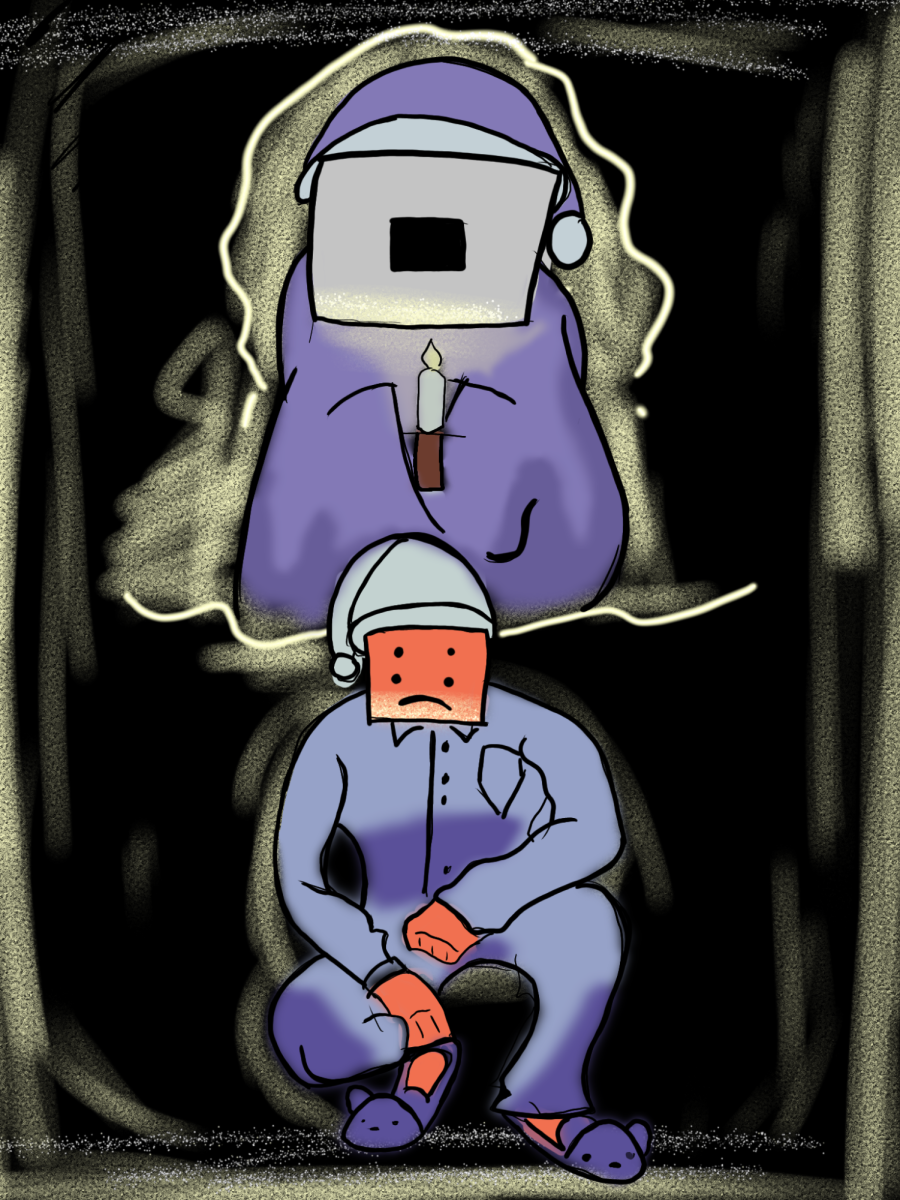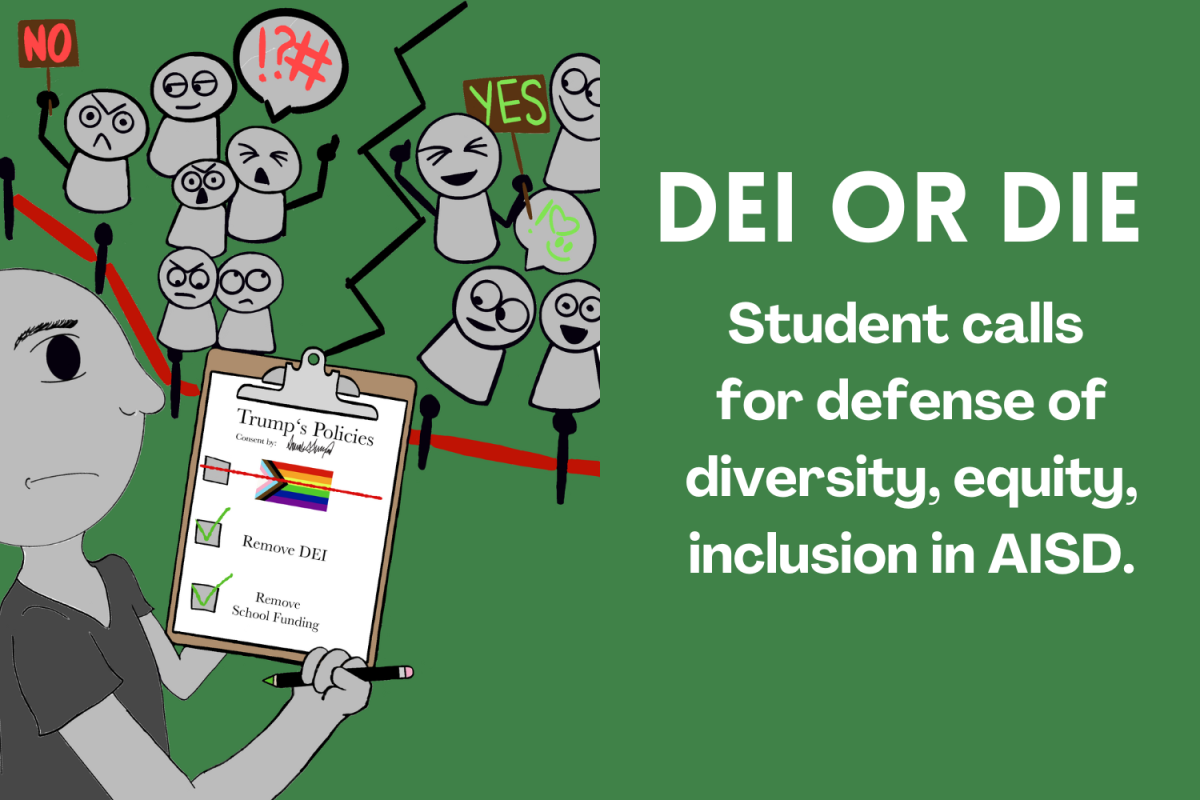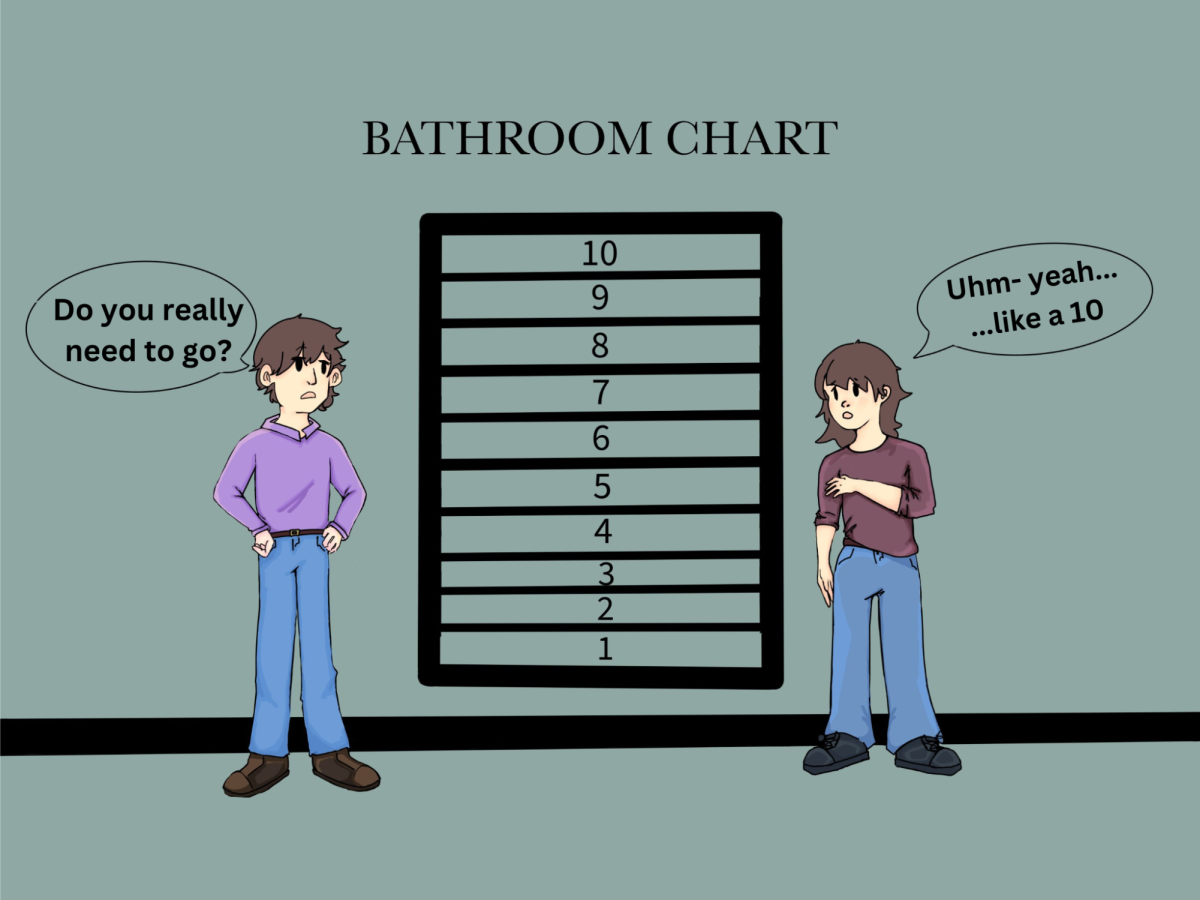While Latinos make up the second largest ethnic group in the United States with more than 62 million — or 19% of the population — they are known for having the lowest rates of voter turnout among all racial and ethnic groups.Latinos are also underrepresented when it comes to political involvement in Texas, where they officially eclipsed non-Hispanic whites as the dominant ethnic group in the state. According to the U.S. Census Bureau, Latinos made up 40.2% of Texas’ population in 2022, while the non-Hispanic white share was 39.8%.
Lations have influenced food, music, and even traditions throughout time. While driving through Austin, you will see countless taco places and Tex-Mex restaurants. Salsa, Rancheras, and Reggaeton can be heard playing as background music in shops or restaurants all over town. The whole month of September is dedicated to honoring Hispanic culture. Recently, we have seen Hispanic culture represented in TV shows and movies, including for cultural celebrations like Dia De Los Muertos.
Mexicans are the largest group of Latinos in the United States with 37.2 million individuals recorded in the 2021 census data. Meanwhile, the Venezuelan population grew the fastest between 2010 and 2021 by 169%, and Guatemalan and Dominican populations grew at a significant rate, too.
In the early 1900s, Latinos were known to come to the United States for work or education opportunities. Even when the Latino population was much smaller than it is today, there were Latinos who had a great impact on American culture. Examples include Celia Cruz and Carolina Herrera, who were influential Venezuelan and Cuban individuals whose work influenced the music, fashion, and entertainment industries.
Nowadays, Latinos come to the United States because of war, poverty and famine. However,the biggest reason Latinos come to the United States today is because of corrupt governments in their home countries. home countries.. Some have described the United States’ immigration and asylum systems as broken, making many immigrants feel unwanted during their initial arrival. Today there are estimated to be millions of undocumented Latino immigrants in the United States because there are not accessible pathways to citizenship for these immigrants.
A requirement of eligibility to vote is that you need to be a U.S. citizen; You cannot just have status as a resident or someone seeking asylum. To vote, immigrants need a green card, and for many immigrants, this process may take 5-7 years if they are eligible to seek one. Then the naturalization process occurs after having your green card for at least 3 years. It would take an average immigrant at least eight years minimum for them to vote. That means Latinos who migrated between 2020 and 2024 would not be able to vote in the United States elections until 2032 if they are able to become citizens.
Nevertheless, the immigrant population was still quite big before the masses of immigrants who came in 2020. Second and third generations of Latinos have always existed in the United States, and they often voice the concerns of the immigrant community through their votes and political activism.
During the 2016 elections, an article published by Stanford Report discussed how 3,000 Latinos became eligible to vote daily. At the time, out of 27 million eligible Latino voters, it was expected that only 14 million would cast a vote. Yet there is a huge potential for Latino voters to increase their political power. The Pew Research Center estimates 36.2 million Latinos [would] be eligible to vote in the 2024 presidential elections, making them an influential demographic group for political candidates to target.
This explains why Democrats and Republicans want Latinos to vote for them, and how they are creating all types of promises, some economic-related and immigration-related so they can get some of those votes.
In the 2020 presidential elections, we noticed that both political parties had significant support from the Latino community.
A recent NBC News/Telemundo/CNBC poll, shows that Vice President Kamala Harris is leading former President Donald Trump among Latino voters. However, that advantage has declined to Democrats’ lowest level in the past four presidential cycles, according to the poll.
Harris has lost some support with Latinos at a time when Latino voters are more likely than the general electorate to cite the economy and the rising cost of living as top priorities. On both of these issues, Latino voters give Trump the advantage, but a majority of them prefer Harris on temperament, competency and having the necessary mental and physical health to be president.
Support for Harris is at 54% among registered Latino voters, according to the poll, while Trump gets 40% and another 6% say they’re unsure or wouldn’t vote.
The poll results show that Latino voters are not different from other ethnicities who are also looking for a better future. Most Latinos are looking for a better economy and financial stability.
The opportunity to earn a good living is our primary motivation, but each party’s platform has different issues, which are also important. Harris accepts that the immigration system is broken, and will try to fix that by securing the borders and making citizenship something to be earned. On the other hand, Trump is going for a more extreme totalitarian way, which is to practice the largest mass deportation ever seen. This could include the separation of parents and children, ending birthright citizenship, and forbidding public education to undocumented children.
As a Latino who is going through an immigration process, like myself, I can say that the risk is great. My future and the future of other Latinos are at the stake of power, greed, and promises, and there is no certainty that they will be respected and advocated for.
Latinos are a diverse group that has different experiences and viewpoints. They range from
being citizens to being called illegal aliens, from being able to talk casually in English to experiencing huge language barriers,from publicly advocating for our people to suffering racism/xenophobia.
We are Latinos, we don’t just hesitate about every little thing. We left our home countries because of all the circumstances that our people are going through. We are fighters. We are fighters for a bright future for us and the next generations to come

